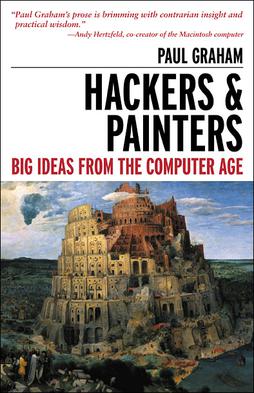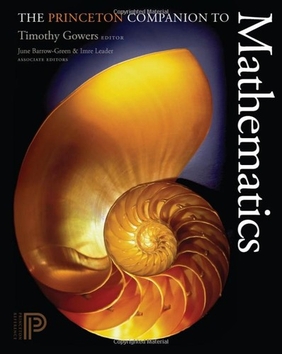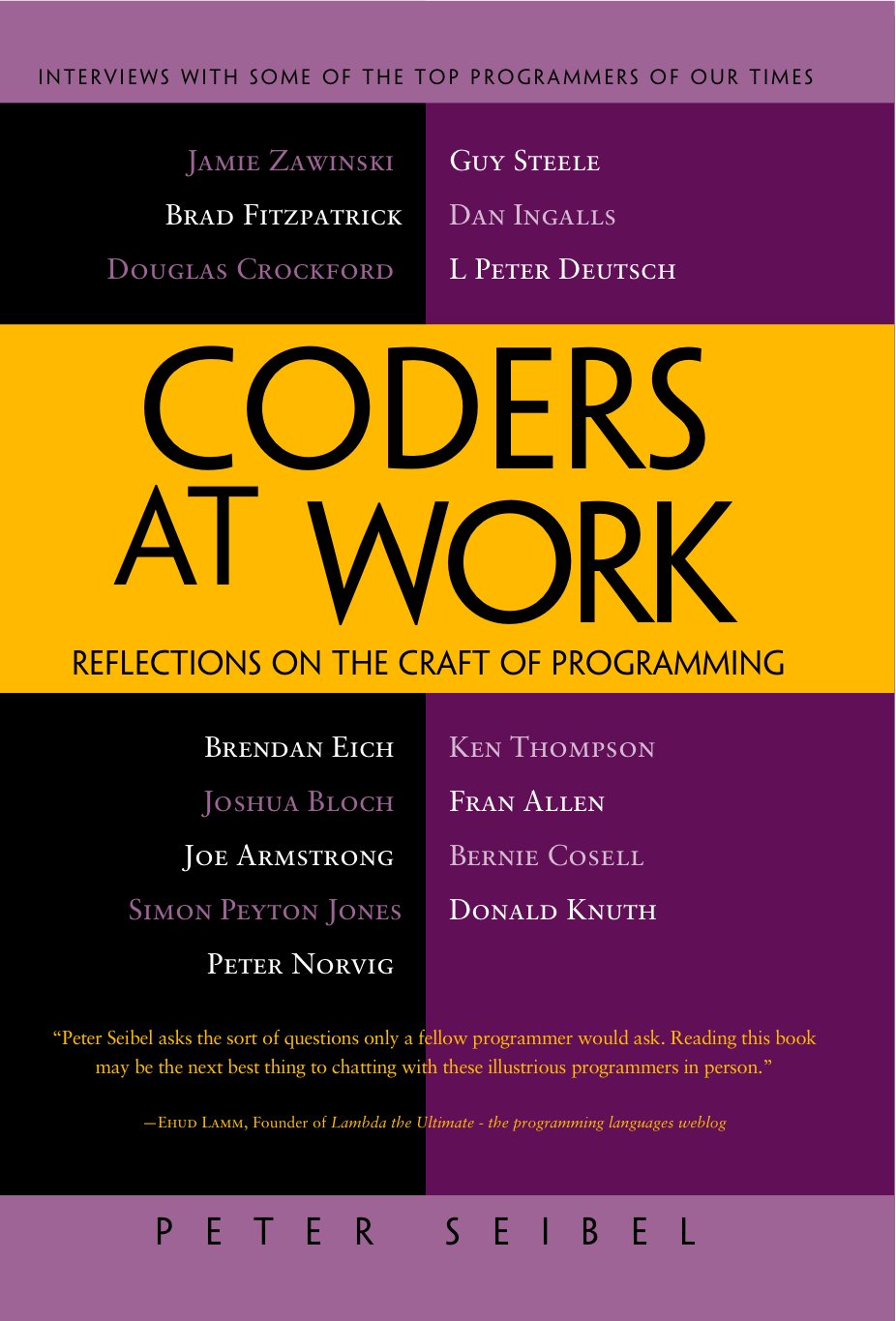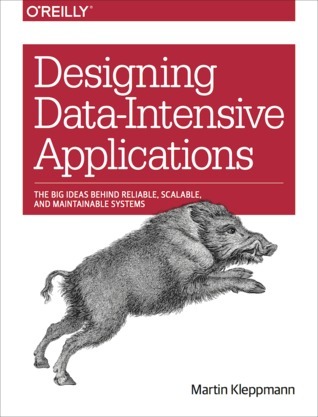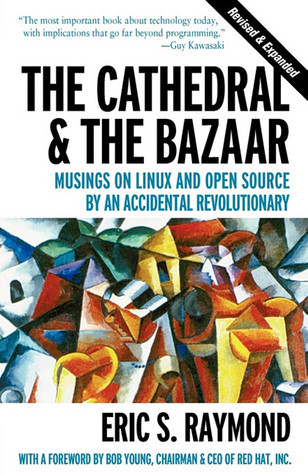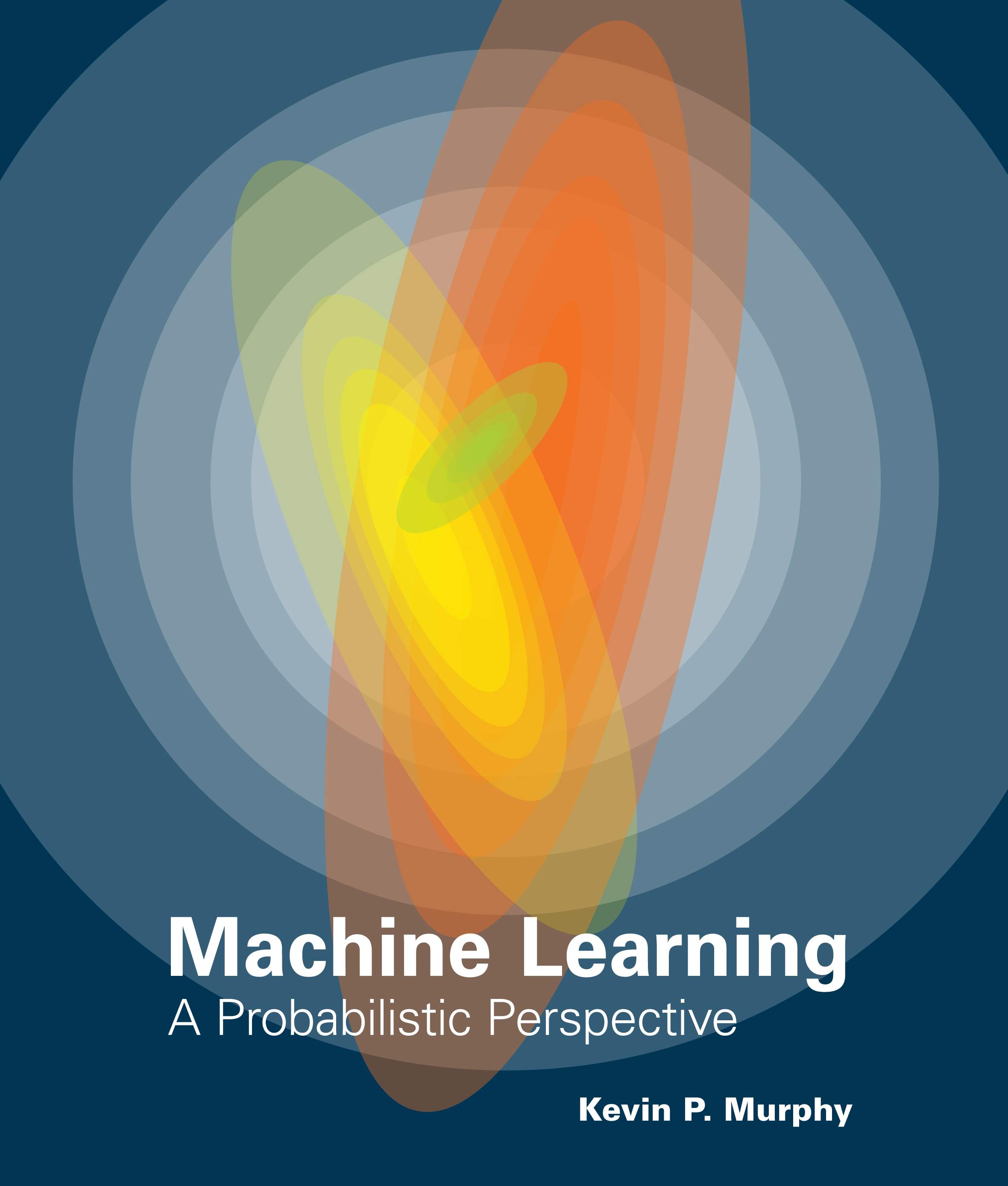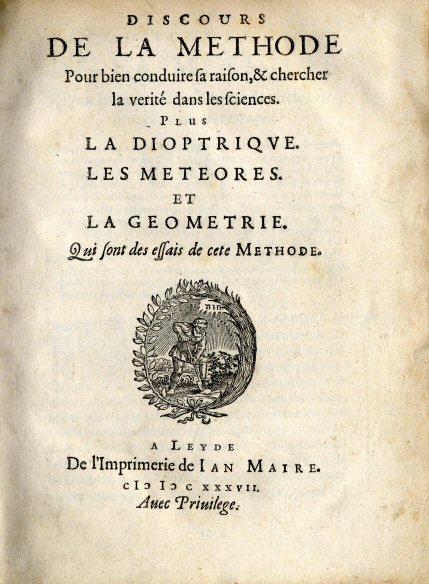I listed here only the best books I know, those I want to read many times. I'd love to hear from you if you have any recommendations.
"Read the best 100 books over and over again" – Naval (nav.al/read)
"Don't read what you wouldn't re-read" – Nassim Taleb
Best readings I know of
-
Poor Charlie's Almanack
Autobiography of Charlie Munger. His wisdom distilled.
-
Poor Richard's Almanack (Benjamin Franklin)
Short, pithy, and easy to read wisdom.
-
De Brevitate Vitae (Seneca)
On the brevity of life. "It is not that we have a short time to live, but that we waste a great deal of it (Non exiguum temporis habemus, sed multum perdidimus). claude translations"
-
The Anthology of Balaji
"Balaji has the highest 'good idea output rate' of anyone I know. This anthology compiles his insights in one place."–pmarca
-
A Lesson on Elementary Worldly Wisdom As It Relates To Investment Management & Business. Charlie Munger
Mental models
-
Psychology of Human Misjudgment. Charlie Munger
-
Zero To One. Peter Thiel
-
The Sovereign Individual
From 1997, made accurate predictions about today:
-
The rise of the digital economy will lead to the decline of nation-states and the emergence of "sovereign individuals"
-
Technological advancements will allow individuals to become more self-reliant and less dependent on traditional governmental structures
-
The concept of citizenship will evolve, with people choosing jurisdictions based on services offered rather than geographical birth
-
Cyberspace will become the new frontier for wealth creation, largely beyond government control
-
The transition to the Information Age will be as significant as the transition from the feudal to the industrial age
-
Taxation will become increasingly difficult for governments, leading to a restructuring of state power
-
The concept of "cognitive capital" will become increasingly important in the new economy
Endorsed by Peter Thiel, Naval, Brian Armstrong, and others: https://www.kevinrooke.com/books/the-sovereign-individual
-
-
Hackers & Painters (Paul Graham)
Collection of essays of Paul Graham. More are at https://www.paulgraham.com/articles.html
-
You and Your Research (Richard Hamming)
Famous 1986 talk of Hamming on how to do first-class work. Applicable beyond research to any creative field. https://gwern.net/doc/science/1986-hamming live video
-
Des choses cachees depuis la fondation du monde (René Girard)
Peter Thiel: "We [followers of Girard], had sort of a sense that we had figured out the truth about the world in a way that nobody else did.". Peter Thiel: "Among the many books Girard wrote, the magesterial one is Things Hidden Since The Foundation of The World (from his [interview with Eric Weinstein](https://www.youtube.com/watch?v=nM9f0W2KD5s&t=8310s)). Mimetic Theory, Scapegoating, ..."
-
The Art of UNIX Programming
Beyond UNIX, lessons on good design applicable to any software
-
Marc Andreessen Blog Archives
Collection of pmarca's influential blog posts. Also see https://pmarchive.com/
-
The Emperor's New Mind
Roger Penrose
-
The Hard Things About Hard Things
Ben Horowitz
-
The Princeton Companion to Mathematics. Timothy Gowers
Editor and many contributors are Field Medalists. Comprehensive, Encyclopedic. Nice organization of math knowledge: Concepts, Branches, Theorems and Problems, Mathematicians.
-
Feynman Lectures on Physics
Legendary lectures from Richard Feynman
-
Die Kunst, Recht zu behalten (The Art of Controversy). Arthur Schopenhauer
38 strategems
-
Einstein: The Life and Times (Ronald W. Clark)
Einstein biography endorsed by Celal Sengor
-
Nutuk (Atatürk)
Yapi Kredi Yayinlari 2011 basimi. 1927 orijinalinden latin harflerine cevirerek basilmis. Bu sekilde 1934 basimindaki ceviri hatalari duzeltilmis. Orijinal (arap harfleriyle) Nutuk'taki belgeler ve 10 ozel harita da eklenmis.
Biography
-
The Autobiography of Benjamin Franklin (Benjamin Franklin)
Recommended by Charlie Munger and Paul Graham
-
Einstein: The Life and Times (Ronald W. Clark)
Einstein biography endorsed by Celal Sengor
-
Einstein: His Life and Universe
Recommended by Charlie Munger
-
Elon Musk (Walter Isaacson)
-
Poor Charlie's Almanack
Autobiography of Charlie Munger. His wisdom distilled.
-
The Martians of Science (Istvan Hargittai)
The circle of The Martians (Hungarians) in the 20th century: Von Neumon, Erdős, Pólya, (whole list at https://en.wikipedia.org/wiki/The_Martians_(scientists)). Book is endorsed by Charlie Munger. Reminds me how best people in a field bursts together from a small clique. Similar to PayPal Mafia, and Renaissance painters.
Software
-
The Art of UNIX Programming
Beyond UNIX, lessons on good design applicable to any software
-
Structure and Interpretation of Computer Programs [SICP] (Harold Abelson)
SICP is the most seminal book on compilers and languages. Paul Graham: "This is one of the great classics of computer science. I bought my first copy 15 years ago, and I still don't feel I have learned everything the book has to teach."
-
Coders at Work (Peter Seibel)
Interviews with legendary programmers
-
The Mythical Man-Month (Fred Brooks)
Seminal. Brian Kernighan: "The great classic of software engineering, one of the few computer science books that repays frequent reading." https://www.cs.princeton.edu/courses/archive/spring19/cos333/bib.html
-
The Pragmatic Programmer (Andrew Hunt and David Thomas)
The Pragmatic Programmer
-
Clean Code (Robert C. Martin)
Essential lessons
-
Crafting Interpreters (Robert Nystrom)
shows how to implement a full-fledged langauge from scratch.
-
Linus Torvalds's Master Thesis (Linux: a Portable Operating System) 🥹
1997 in University of Helsinki.
-
Computer Organization & Design: The Hardware/Software Interface (Patterson, Hennessy)
Was my textbook in undergrad. David Patterson is a goat EE engineer. Pioneer of RISC.
-
Designing Data-Intensive Applications
Very well written monograph for making sense of large-scale distributed systems
-
On Lisp (Paul Graham)
Very well written
-
Code Complete (Steve McConnell)
Brian Kernighan: "McConnell gives practical advice, clearly derived from real experience, in all his books. Code Complete is for individual programmers." https://www.cs.princeton.edu/courses/archive/spring19/cos333/bib.html
-
Design Patterns: Elements of Reusable Object-Oriented Software (Gang of Four)
-
The Cathedral & the Bazaar: Musings on Linux and Open Source by an Accidental Revolutionary (Eric S. Raymond)
How open-source (bazaar) is better than closed-source (cathedral). Why bazaar>cathedral?: Power of peer review (Linus's law), faster iteration, distributed problem solving, passion vs duty, encouragement of modularity, no vendor lock-in. When can cathedral be better?: if intellectual property is crucial, if stric quality control is required (mission-critical), if a centralized-vision is necessary (Apple).
-
George Hotz's live coding sessions
Just watching these sessions teaches more than any book
-
The Missing Semester of Your CS Education (MIT)
Very valuable skills, tools, and tips
-
Balaji's Startup Engineering Lectures
Very valuable skills, tools, tips.
-
Slides pdf: https://balajicourse.s3.us-east-2.amazonaws.com/Startup+Engineering+Full+Course.pdf
-
Notes: https://gist.github.com/jbisacky/b19baa93d4ca5d724cb3af3c0313d233
-
Video: https://www.youtube.com/watch?v=0QC1FK2_pqg
-
Python
-
Python Cookbook (David Beazley)
Python recipes
-
Peter Norvig's Pytudes
Very elegant short Python programs
-
Fluent Python (Luciano Ramalho)
Theoretical Computer Science
-
Introduction to The Theory of Computation (Michael Sipser)
Was my textbook in undergrad (https://www.cmpe.boun.edu.tr/courses/cmpe350/2020/spring). Automata theory and formal languages. Computability Theory (Church-Turing thesis, undecidable problems, etc.). Complexity Theory (P vs NP, etc.)
-
Information Theory, Inference, and Learning Algorithms (David MacKay)
Very well written
-
The Art of Computer Programming (Donald Knuth) [4 Volumes so far]
The Art of Computer Programming
Machine Learning
-
Ilya Sutskever's list of AI resources he gave to John Carmack
Other relevant links on discussions of those sources:
-
https://www.reddit.com/r/ArtificialInteligence/comments/1cpbh1s/ilya_sutskever_if_you_really_learn_all_of_these/
-
https://news.ycombinator.com/item?id=34641359
-
https://news.ycombinator.com/item?id=40397806
-
-
Andrej Karpathy's Hands on lectures and deep dives
Incredibly good way of learning is just watching him and then doing what he does.
-
An Introduction to Statistical Learning (Tibshirani et al.)
-
The Elements of Statistical Learning (Hastie et al.)
-
Pattern Recognition and Machine Learning (Christopher Bishop)
-
Deep Learning (Ian Goodfellow, Yoshua Bengio, and Aaron Courville)
-
Machine Learning: a Probabilistic Perspective (Kevin Murphy), and its series
-
Reinforcement Learning: An Introduction (Richard S. Sutton and Andrew G. Barto)
-
Convex Optimization (Boyd and Vandenberghe)
-
Artificial Intelligence: A Modern Approach (Stuart Russell and Peter Norvig)
General Science
-
Feynman Lectures on Physics
Legendary lectures from Richard Feynman
-
On The Shoulders of Giants (edited by Stephen Hawking)
A collection of essays from the greatest scientists. "If I have seen further, it is by standing on the shoulders of giants."–Newton
-
Principles of Development (Wolpert et al.)
Very interesting texbook explaining how genes construct the body. I find it analogous to programming. Some mental models can be very useful in programming.
-
Who We Are and How We Got Here (David Reich)
Tracking human history from genomes found in kurgans. Such findings will probably significantly change our understanding of history in next years.
-
Campbell Biology (Reece et al.)
Reference textbook.
-
Molecular Biology of the Cell (Alberts, Johnson, Lewis, Raff, Roberts, Walter)
Famous textbook
-
Earth: Portrait of a Planet (Stephen Marshak)
Recommended by Celal Sengor.
-
Bilgiyle Sohbet (Celal Sengor)
-
The Emperor's New Mind
Roger Penrose
-
Guns, Germs, and Steel (Jared Diamond)
How geography shaped human history.
-
Foundations of Modern Physics (Steven Weinberg)
-
Modern Physics From a to Z0 (James William Rohlf)
Very condensed and good explanations of fundamental concepts. Was my textbook in undergrad.
-
Physics for Scientists and Engineers (Paul A. Tipler)
Recommended by Balaji https://balajianthology.com/balajis-recommended-reading
-
The First Three Minutes (Steven Weinberg)
-
Mutual Aid: A Factor of Evolution (Peter Kropotkin)
Endorsed by Celal Sengor many times. The central thesis is that cooperation, more so than competition, is the driver of evolution. Kropotkin substantiates his claim through a wealth of examples from both natural and human history, illustrating the pervasive role of mutual aid in survival and advancement.
Math
-
The Princeton Companion to Mathematics. Timothy Gowers
Editor and many contributors are Field Medalists. Comprehensive, Encyclopedic. Nice organization of math knowledge: Concepts, Branches, Theorems and Problems, Mathematicians.
-
How to Solve It (George Pólya)
Legendary book on problem solving.
-
The Higher Arithmetic (H. Davenport)
Endorsed by Barry Mazur in Algebraic Numbers essay in The Princeton Companion to Mathematics:
-
“I recommend that readers who wish to begin this journey carry in their backpacks Gauss’s Disquisitiones Arithmeticae as well as Davenport’s The Higher Arithmetic (1992), which is one of the gems of exposition of the subject, and which explains the founding ideas clearly and in depth using hardly anything more than high school mathematics”
-
-
Disquisitiones Arithmeticae (Gauss)
Published in 1801 by Gauss himself. Masterpiece on mathematical examination.
-
Calculus: Early Transcendentals (James Stewart)
Was my textbook. Still referencing it
Philosophy
-
The Problems of Philosophy (Bertrand Russell)
-
A History of Western Philosophy (Bertrand Russell)
Recommended by Celal Sengor.
-
The Logic of Scientific Discovery (Karl Popper)
Recommended by Celal Sengor. This English translation (1959) is significantly expanded upon the original German version (Logik der Forschung, 1934). The core argument is science progresses through a process of falsification, not verification.
-
Conjectures and Refutations: The Growth of Scientific Knowledge (Karl Popper)
Recommended by Celal Sengor.
-
Popper Selections
Recommended by Patrick Collison.
-
Discours de la méthode pour bien conduire sa raison et chercher la vérité dans les sciences. (René Descartes). 1637
Descartes explains his reasoning based on methodic skepticicsm that he arrives the conclusion of cogito ergo sum (je pense, donc je suis) in the first paragraph of Chapter 4 (QUATRIÈME PARTIE)
-
Also sprach Zarathustra (Friedrich Nietzsche)
-
Rubailer (Omer Hayyam)
Recommended by Celal Sengor.
-
Felsefeye Giriş (Ahmet Arslan)
Recommended by Celal Sengor.
History
-
The History of Decline and Fall of the Roman Empire (Edward Gibbon) (6 volumes)
Arguably the most honored history book ever written.
-
The Lessons of History (Will & Ariel Durant). 1968
A short distillation on which lessons the authors gather from their five decades work on The Story of Civilization series (https://en.wikipedia.org/wiki/The_Story_of_Civilization)
-
In the end superior ability has its way.
-
History reports that the men who can manage men manage the men who can manage only things, and the men who can manage money manage all.
-
Every advance in the complexity of the economy puts an added premium upon superior ability.
-
All technological advances are merely new means of achieving old ends.
-
The influence of geographic factors diminishes as technology grows.
-
Economic development specializes functions, differentiates abilities, and makes men unequally valuable to their group.
-
In every age men have been dishonest and governments have been corrupt.
-
Competition is not only the life of trade, it is the trade of life.
-
We cooperate in our group in order to strengthen our group in its competition with other groups.
-
War is a nation's way of eating.
-
War is the ultimate form of competition.
-
Leave men free and their natural inequalities will multiply.
-
History shows little alteration in the conduct of mankind.
-
The initiative individual—the "great man," the "hero," the "genius"—regains his place as a formative force in history.
-
At times his eloquence, like Churchill's, may be worth a thousand regiments; his foresight in strategy and tactics, like Napoleon's, may win battles and campaigns and establish states.
-
These initiative individuals are effects of numberless causes, and causes of endless effects.
-
The imitative majority follows the innovating minority and this follows the originative individual.
-
Even the skeptical historian develops a humble respect for religion, since he sees it functioning, and seemingly indispensable, in every land and age.
-
History remains, at bottom, a natural selection of the fittest individuals and groups.
-
Our capacity for fretting is endless.
-
If a man is fortunate he will, before he dies, gather up as much as he can of his civilized heritage and transmit it to his children.
-
The final test is the ability to survive.
-
Unclassified
-
Origins of Genius: Darwinian Perspectives on Creativity
-
Creativity works like natural selection, where many diverse ideas are generated, and only the best ones survive (retained)"
-
Breakthroughs comes from sheer volume of output. Odds are similar at each try. More tries, more likely to arrive at great ideas.
-
Many major creative advances occur through trial and error rather than deliberate planning
-
Creativity is shaped by intelligence, personality, persistence, and sometimes even mental instability
-
-
Influence, The Psychology of Persuasion (Robert B. Cialdini)
Endorsed by Charlie Munger, and Naval Ravikant. Seven principles of influence: reciprocity, commitment and consistency, social proof, authority, liking, scarcity, unity.
-
Almanack of Naval Ravikant
Life wisdom in very concise form
-
Founders at Work: Stories of Startups' Early Days Jessica Livingston
Paul Graham: "It is probably the single most valuable book a startup founder could read." https://www.paulgraham.com/foundersatwork.html
-
The Elements of Style (Strunk)
Brian Kernighan. "You should learn how to write well. The best small book on the topic is Strunk and White's The Elements of Style, well worth the minuscule price." https://www.cs.princeton.edu/courses/archive/spring19/cos333/bib.html
Great reading lists from others
- Brian Kernighan's recommended readings
- Balaji's recommended readings
- Patrick Collison's bookshelf
- Naval's recommended readings
- Charlie Munger's
- Celal Sengor's
- Paul Graham favorite history books
- Paul Graham favorite autobiographies
- Paul Graham favorite books that no one knows about (White's Medieval Technology and Social Change, Fletcher's Moorish Spain, Johnson's Wing Leader, Girouard's Life in the English Country House, Liddell Hart's The German Generals Talk.)
- Paul Graham RAQ books https://paulgraham.com/raq.html
- Sam Altman recommended books to startup founders https://www.goodreads.com/list/show/92883.Sam_Altman_s_Twitter_AMA
- Book recommendations from the greats, counting the all mentions. For example: https://recommentions.com/elon-musk/books/
- Book recommendations from interestingpeople
- Andrej Karpathy's two tech stacks
- sharif.io/bookshelf
- a16z AI Canon
- a16z Crypto Canon
- a16z Other Canons
- Hacker News Top 40 Books 2023
- Hacker News Recommended Books Vercel App
- Dan Wang's books
- Elon Musk favorite books on space: Ignition by John Clarke, Huzel & Wang book on propulsion, Asimov's Foundation, Heinlein's Miehm
"The opportunity cost of consuming second-rate writing is higher than ever. In a world where more great writing is available than any human could read in a lifetime, it pays to be ruthless in filtering what you won't read. Your attention is a precious resource; invest it wisely." – ref
"If you want a new idea, read an old book." – Pavlov
""The art of not reading is a very important one. It consists in not taking an interest in whatever may be engaging the attention of the general public at any particular time. When some political or ecclesiastical pamphlet, or novel, or poem is making a great commotion, you should remember that he who writes for fools always finds a large public. A precondition for reading good books is not reading bad ones: for life is short."" – Schopenhauer






